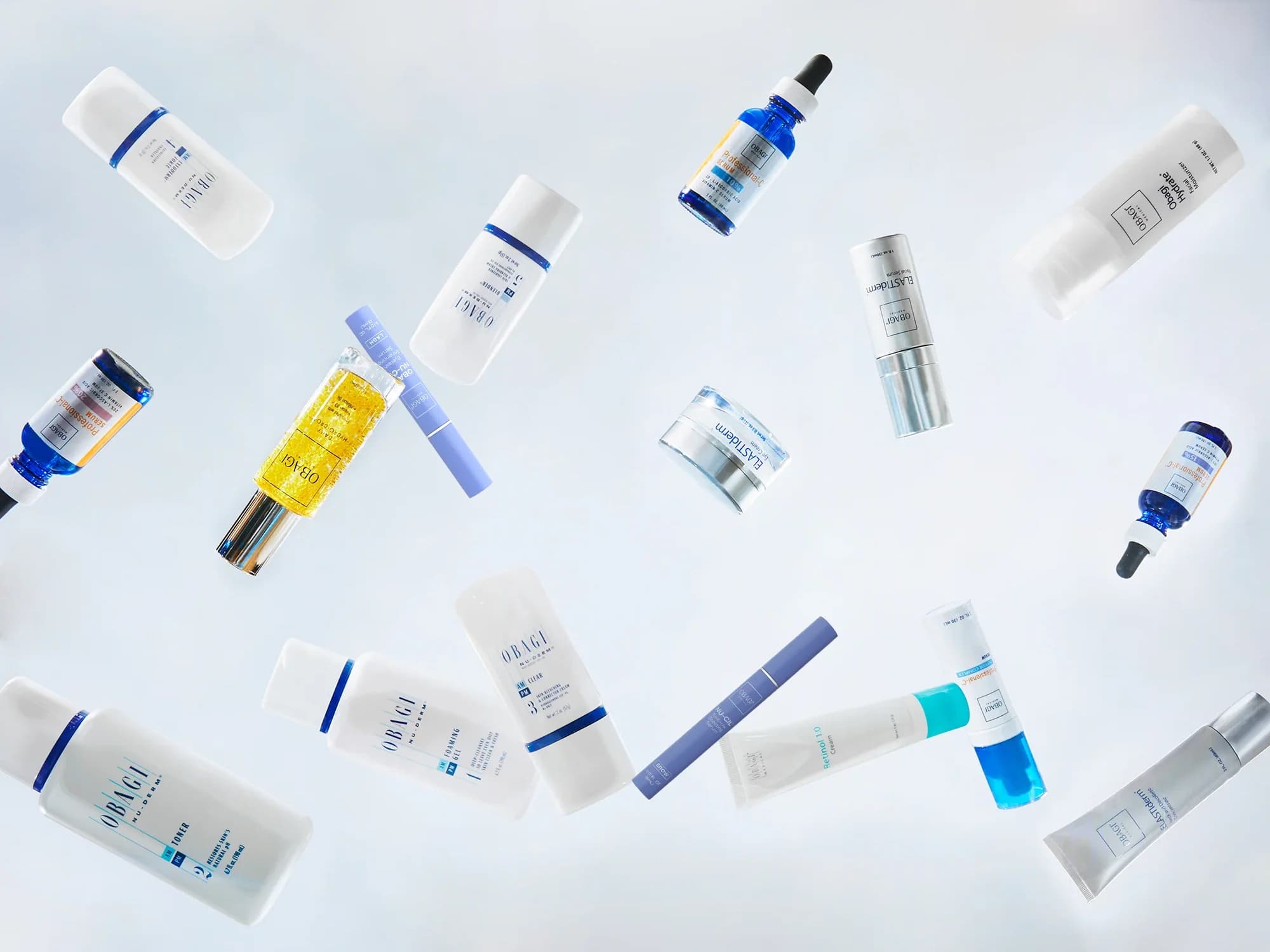
Transform Your Skin with Advanced Chemical Peels Treatments at Skin Medical
Chemical peels offer a versatile solution for enhancing your appearance, optimising skin tone and texture, with minimal downtime.
Chemical peels involve the application of a specialised chemical solution to the skin, causing the top layers to peel off and reveal smoother, healthier-looking skin underneath. These solutions are typically composed of alpha hydroxy acids (AHAs), beta hydroxy acids (BHAs), each tailored to address specific skin concerns and depths of treatment.


Improving Skin Texture
Chemical peels are particularly effective for smoothing out rough skin texture and reducing the appearance of fine lines. They gently exfoliate the skin, encouraging the growth of new, healthy skin cells. This process makes the skin look fresh, more youthful, and well-balanced.
Treating Hyperpigmentation
Hyperpigmentation can be caused by external factors like sun damage, or internal factors like hormonal changes. Chemical peels work by exfoliating the outer layers of the skin and promoting natural regeneration, which reduces the appearance of dark spots and uneven pigmentation.
Minimising Pore Size
Enlarged pores are a common concern, particularly among those with oily or acne-prone skin. Chemical peels can help tighten pores and reduce their visibility, leading to a smoother and more refined skin texture.
Combatting Acne
Chemical peels can be an effective additional treatment for acne, helping to unclog pores, reduce inflammation, and prevent future acne build-up. They work by removing dead skin cells and excess oil, promoting clearer and healthier skin.
Addressing Signs of Ageing
As we age, our skin undergoes various changes, including a loss of elasticity, firmness, and moisture. Chemical peels can stimulate collagen production and improve skin elasticity, resulting in a more youthful and rejuvenated appearance.

Chemical peels at Skin Medical are available in different strengths and formulations to address a variety of skin concerns. The three main types of chemical peels are:
Superficial Peels
Superficial peels typically use AHAs such as glycolic acid or salicylic acid to exfoliate the outermost layer of the skin. This results in a subtle improvement in texture and tone, making the skin appear fresher and more radiant.
Medium Peels
Medium-depth peels penetrate more deeply into the skin, targeting moderate skin imperfections such as fine lines, wrinkles, and mild to moderate pigmentation issues. TCA (trichloroacetic acid) is commonly used for medium peels, and downtime may last a few days as the skin undergoes more extensive peeling and regeneration.

Chemical peels are safe when performed by an experienced dermatologist or skincare professional like Dr Sabika.
However, it is important to follow pre- and post-treatment instructions carefully to reduce the risk of complications.
Potential side effects may include redness, swelling, peeling, and temporary sensitivity to sunlight.
Discover the rejuvenating benefits of chemical peels at Skin Medical. Contact our team today to learn how we can help you achieve a smoother, more radiant complexion.

At Skin Medical, we offer a range of advanced options for Chemical Peels:
Chemical peels can be tailored to suit various skin types and concerns. However, individuals with certain skin conditions, such as eczema, rosacea, or active infections, may not be suitable candidates for treatment. It is essential to consult with Dr. Sabika Karim to determine the most appropriate peel for your skin type and concerns.
The longevity of results depends on the depth of the peel, skincare routine, sun protection practices, and individual skin characteristics. Generally, superficial peels require regular maintenance treatments every few months, while deeper peels provide more long-lasting results with less frequent touch-ups required.
During a chemical peel, patients may experience varying sensations depending on the depth of the peel and their individual tolerance. For superficial peels, you might feel a slight tingling or warming sensation as the solution is applied to the skin. With medium or deep peels, you may experience a more intense sensation, ranging from a burning or stinging feeling to temporary discomfort. However, Dr. Karim takes steps to minimise discomfort, such as using cooling devices or topical numbing agents.
Yes, chemical peels are generally effective in improving various skin concerns, including texture, tone, hyperpigmentation, acne, and signs of ageing. The degree of improvement depends on factors such as the type of peel, the depth of treatment, and individual skin characteristics. Patients often notice visible results, such as smoother, brighter skin, reduced fine lines and wrinkles, and a more even complexion. However, optimal results may require a series of treatments and ongoing skincare maintenance.
The cost of a chemical peel can vary depending on the type of peel, the depth of treatment, the provider’s expertise, and the geographical location. Superficial peels are generally more affordable, with prices ranging from £__ to £__ per treatment session. Medium-depth peels may cost between £___ and £__ per session, while deep peels can range from £__ to £___ or more.
Common side effects of anti-wrinkle treatments include redness, swelling, bruising, or tenderness at the injection site. These effects are usually mild and temporary, disappearing within a few days. Serious side effects are rare but may include infection, allergic reactions, or asymmetry.
The duration of a skin peel treatment can vary depending on the type and depth of the peel. Superficial peels typically take around 30 minutes to complete, making them a convenient option for those with busy schedules. Medium-depth peels may require 45 minutes to an hour, while deep peels can take two hours or longer. Dr. Sabika Karim usually recommends a consultation appointment before the treatment to assess your skin and discuss your goals and expectations.
For more information or to schedule a skin peel, give us a call and let us help you achieve a smoother, more radiant complexion.